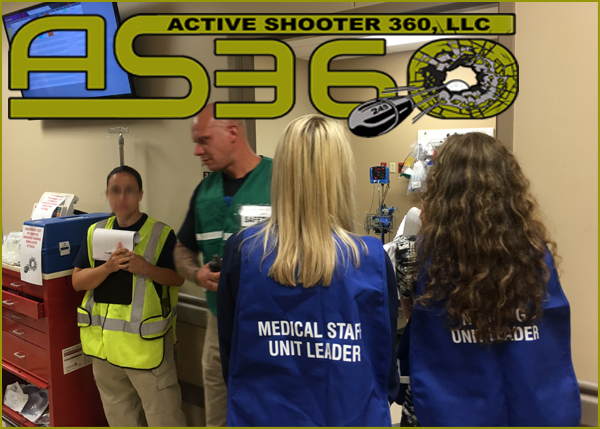Most of us are familiar with a traditional football huddle where players immediately hear the next play. Huddles are now catching on in the non-sports world. Examples include the following:
1. Medical teams huddle to coordinate transferring a violent patient from the Emergency Department to a receiving unit.
2. Key players in a business organization huddle to discuss safety issues at the start of a shift.
3. A government agency conducts huddles to address emergent threat issues.
4. Active Shooter 360 instructors huddle before exercises.
Huddles are not like the usual meeting because they are short and immediately get to the point. Effective huddle characteristics are as follows:
- Short duration – under ten minutes – once per day
- Small group of five or six people on average
- Framed by safety issues or key problems
- A plan, do, study, act (PDSA) cycle
- Safety issues from the past day or shift
- Issues for today
- Maybe a written huddle agenda
- Important announcements
Key Takeaway:
Teams in High Reliability Organizations (HRO) should begin their shift or work day with small group huddles to discuss safety and emergent issues.



